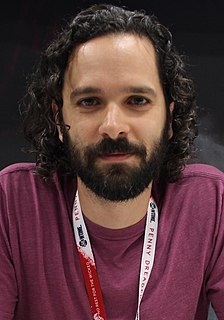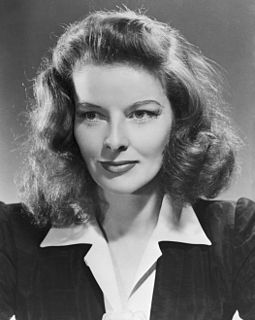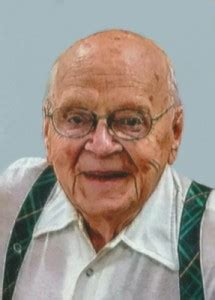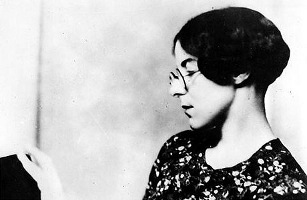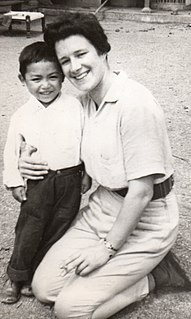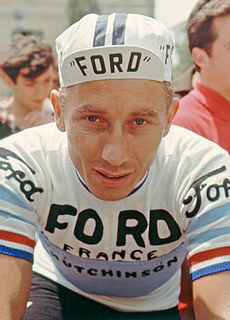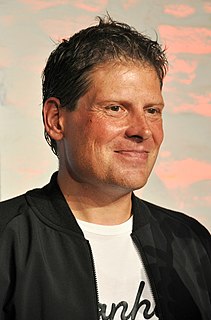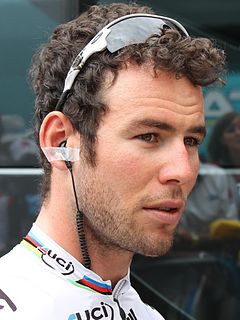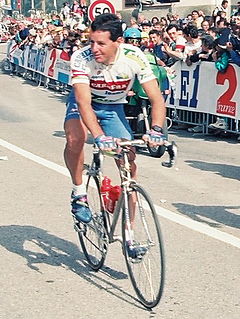A Quote by Lance Armstrong
If a script writer had come up with a story resembling what you have just achieved, even the Hollywood studios would have refused.
Related Quotes
I heard, one of my producers told me this story where like the Hollywood studios brought all these high-end consultants in to try to figure out how to improve their process and make films more efficiently, and these consultants like studied the process for years and finally came up with this report they put together about how studios can improve the efficiency of their process, and the conclusion was "have the script ready by the time you're shooting.
I want studios that make story-based games to start taking their stories more seriously. And that doesn't mean hiring a big shot writer from Hollywood; it means that story becomes integral to making your game. I don't see how you can achieve that without having an in-house writer that sits next to the designer, helping them make their levels, talking with the engineers about where we can tell the story more dynamically, pushing at technology.
We were brought up in the school that teaches: You do what the script tells you. Deliver the goods without comment. Live it-do it-or shut up. After all, the writer is what's important. If the script is good and you don't get in its way, it will come off okay. I never discussed a script with Spence [Spencer Tracy]; we just did it. The same with Hank [Henry Fonda] in On Golden Pond. Naturally and unconsciously we joined into what I call a musical necessity-the chemistry that brings out the essence of the characters and the work.
Our Pavlovian response to movies has gotten to its lowest point ever. You look at a lot of movies that are successful and a lot of movies that studios hold up as examples and you go, 'My God, that isn't even a story. It isn't even two acts. It's eight set pieces drawn out with slow motion.' The difficulty for me was that you had to hope that people were interested in this kind of a story.
I would love nothing more than me and my family getting green cards, going to L.A. for a year, sitting down with the big Hollywood studios and coming up with the most advanced and awesome Internet distribution platform for movies. It would make Hollywood more money than cinemas, DVDs, and everything else combined.
A story demanded to be written, and that is why I have not answered your letter before: a wrong-headed story, that would come blundering like a moth on my window, and stare in with small red eyes, and I the last writer in the world to manage such a subject. One should have more self-control. One should be able to say, Go away. You have come to the wrong inkstand, there is nothing for you here. But I am so weakminded that I cannot even say, Come next week.




